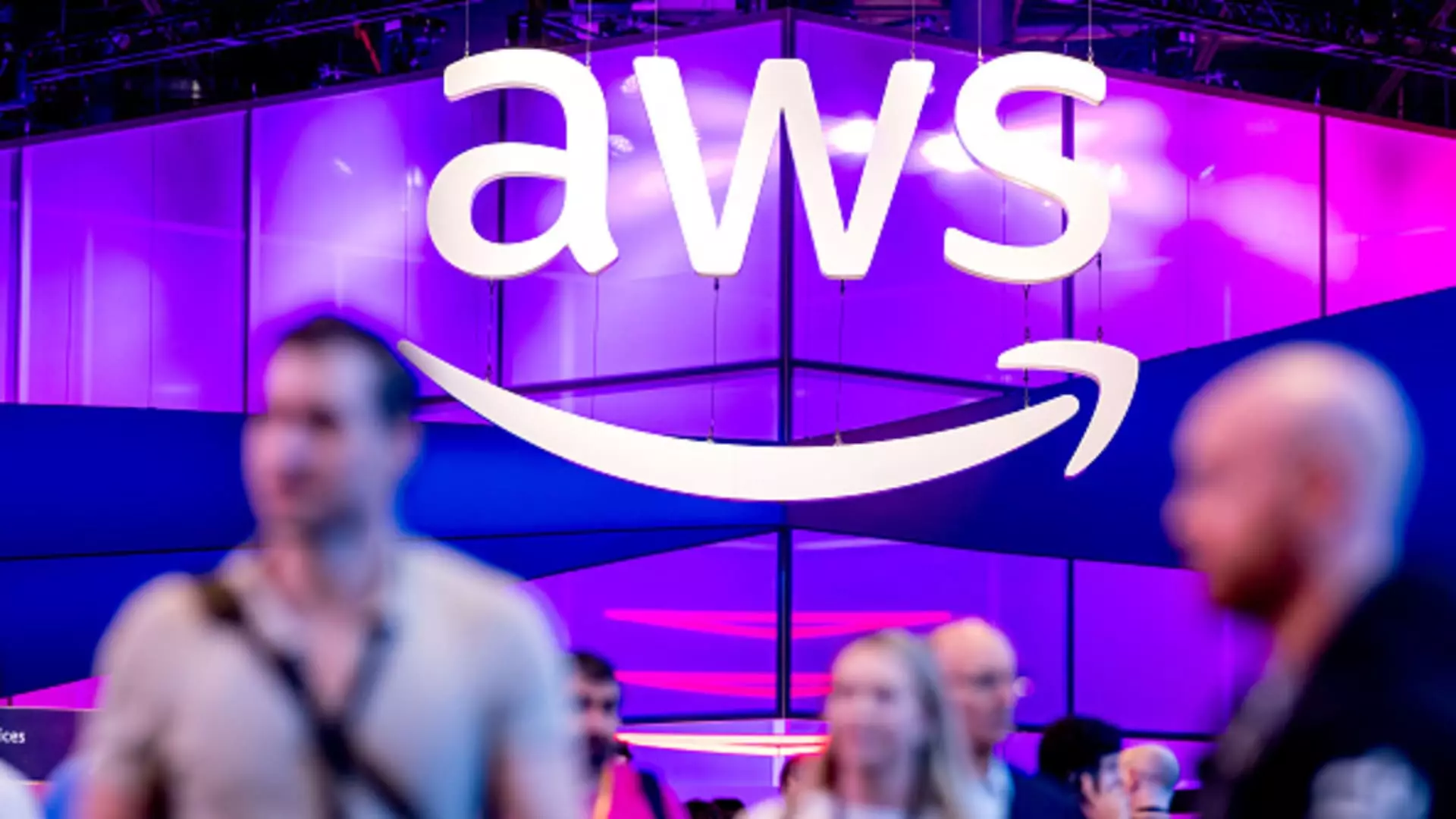The recent dissatisfaction expressed by the UK’s Competition and Markets Authority (CMA) towards industry giants like Microsoft and Amazon echoes a broader concern that their dominance is stifling innovation and competition in the cloud computing sector. While these corporations have undoubtedly contributed to the rapid evolution of cloud technology, their overwhelming market share—estimated between 30% and 40% for the top players—raises red flags about market health and the sustainability of free enterprise. The core issue here is the creation of a digital duopoly that impairs smaller entrants from breaking through, fostering an environment where market barriers—and practices unfavorable to consumers—become ingrained.
The CMA’s focus on practices such as egress fees and restrictive licensing underscores a troubling trend: the commodification of interoperability. When firms use strategic pricing and licensing to lock-in customers, they effectively inhibit competition and innovation. This “lock-in” effect leaves clients tethered to dominant providers, unable to leverage more attractive alternatives due to economic or technical hindrances. Such practices distort the natural competitiveness of the market and diminish consumer choice, which should be a fundamental principle in any thriving, innovative economy.
Power Dynamics and the Risks of Market Entrenchment
Microsoft’s assertion that the cloud market is vigorous and competitive seems disconnected from the stark realities pointed out by the CMA. With record investments and rapid AI-driven transformations, it’s tempting to assume a level playing field exists, but closer scrutiny reveals a contrasting picture. The existence of high switching costs, licensing restrictions, and the refusal to facilitate easier transitions between providers serve as gatekeepers that sustain the oligopoly.
Amazon, similarly, challenges the CMA’s characterization by emphasizing legal predictability, yet its stance underscores a common narrative in tech dominance: a reluctance to accept checks on market power. Innovation can stall when existing giants prefer status quo over disruptive competition, a phenomenon that not only harms consumers but also stifles the pioneering spirit vital for technological progress.
Meanwhile, Google, despite its smaller market share, recognizes the importance of regulatory intervention for fostering a fairer landscape. Their call for swift action aligns with the need to dismantle structural barriers that prevent newer or more innovative players from gaining traction. This highlights an essential truth: competitive markets thrive on diversity, not dominance, and regulatory oversight is crucial to correct the imbalances engendered by monopolistic tendencies.
The Implications of Regulatory Intervention
The CMA’s proposal to investigate Microsoft and Amazon under the new Digital Markets, Competition and Consumers (DMCC) Act represents a pivotal moment. Designing regulatory measures for digital markets demands courage and foresight; the stakes are high. Labeling these firms as having “strategic market status” might serve to curb their unchecked power, compelling them to take part in creating a more open and competitive environment.
However, such intervention should not be viewed solely as punitive. It is a vital corrective to ensure that consumer interests, small and medium-sized enterprises, and innovative startups are not left to fend off monopolistic tactics. The digital economy must be a realm where technological progress is driven by genuine competition, not by the power of entrenched giants wielding their influence to extract excessive rents and hinder progress elsewhere.
Depriving smaller companies of the ability to innovate freely—through restrictive licensing or technical lock-ins—curtails the broader benefits of competition such as lower prices, better services, and technological breakthroughs. To foster a truly dynamic ecosystem, regulatory bodies must act decisively, pushing for fairer market practices that incentivize competition rather than entrench existing hierarchies.
The current scrutiny of cloud giants like Microsoft and Amazon is an important wake-up call. It challenges industry complacency and demands a fundamental re-evaluation of how market power is wielded and maintained in the digital age. The goal should be to create an environment where innovation is not compromised by monopolistic strategies, and where smaller players can thrive without fear of being pushed out.
Holding these companies accountable is not merely about tilting at windmills; it is about safeguarding the integrity of competitive markets which underpin technological progress and economic growth. While regulators must tread carefully to avoid strangling innovation through overreach, the message is clear: unchecked dominance breeds stagnation. Ensuring fair competition will not only benefit consumers and smaller firms but will propel the entire digital economy toward a more open, innovative, and inclusive future.

